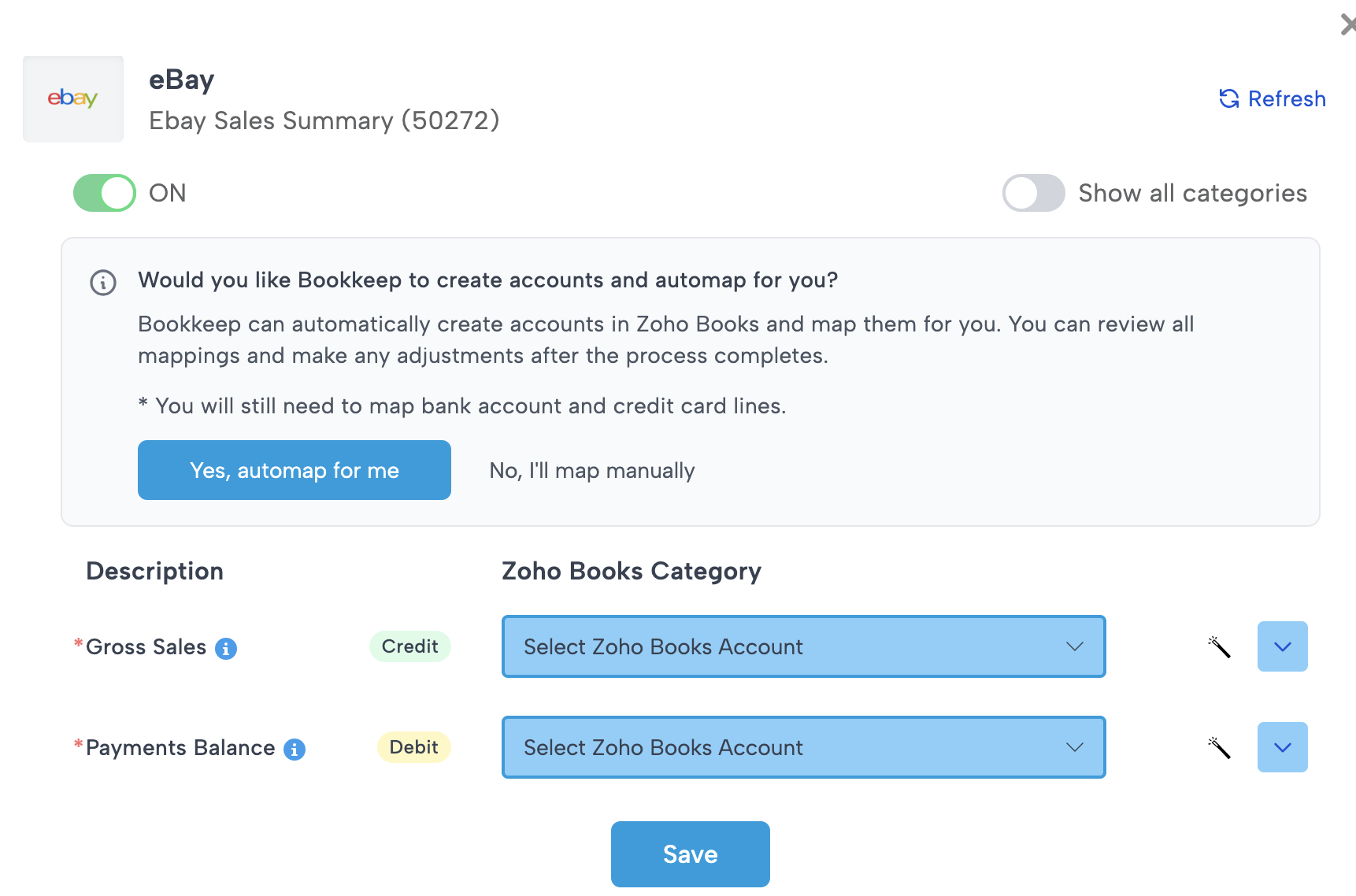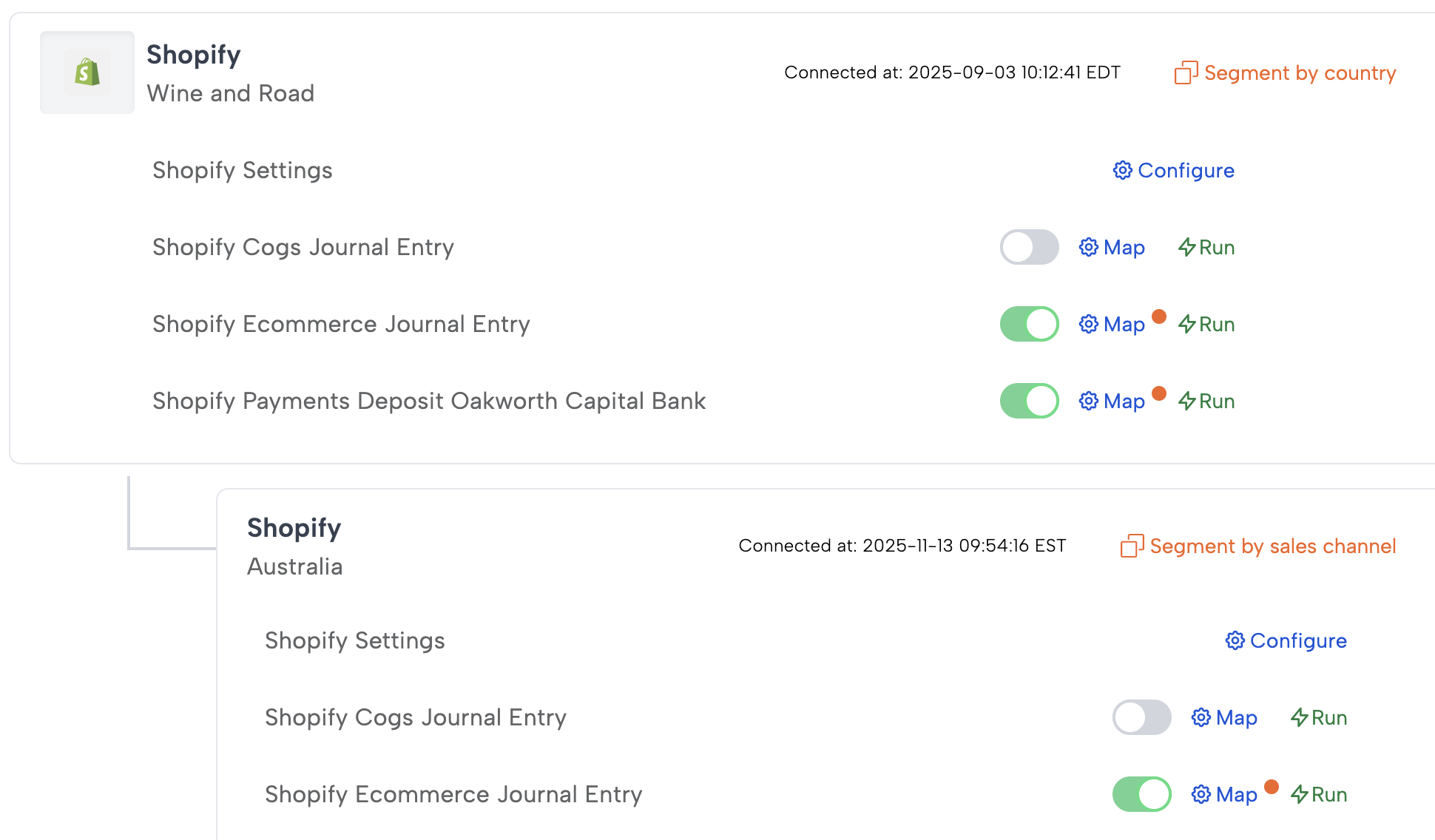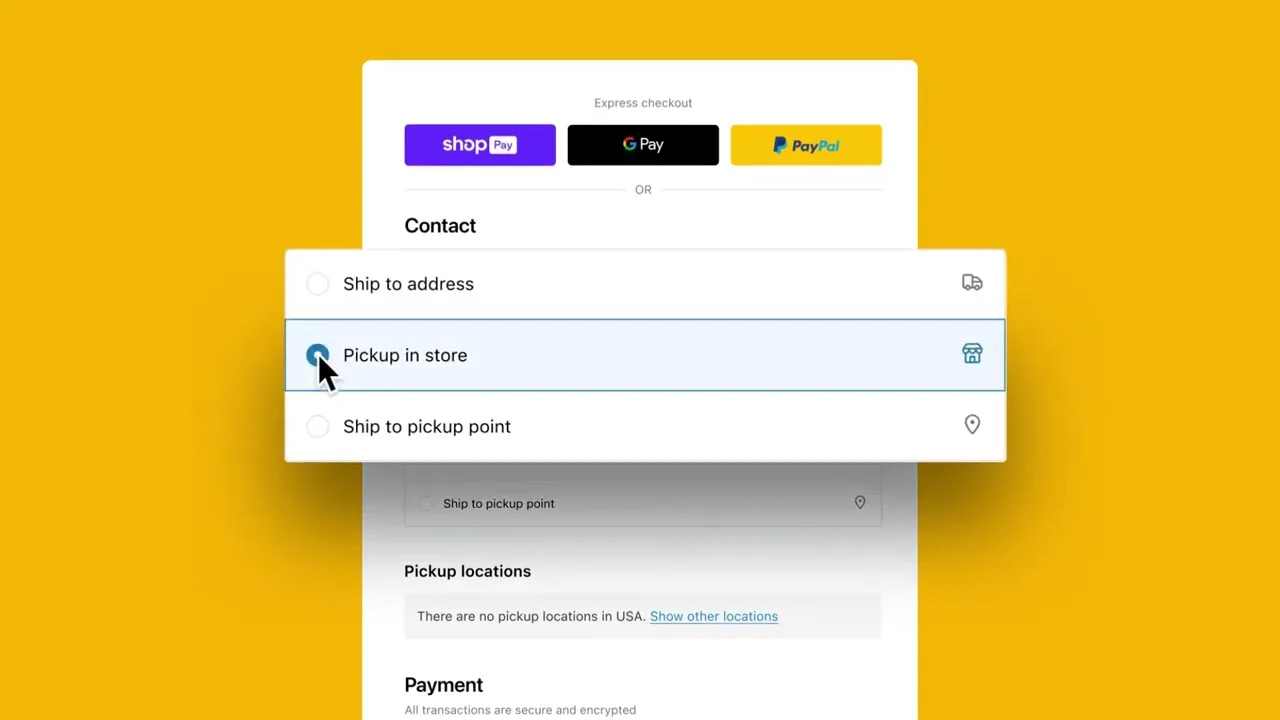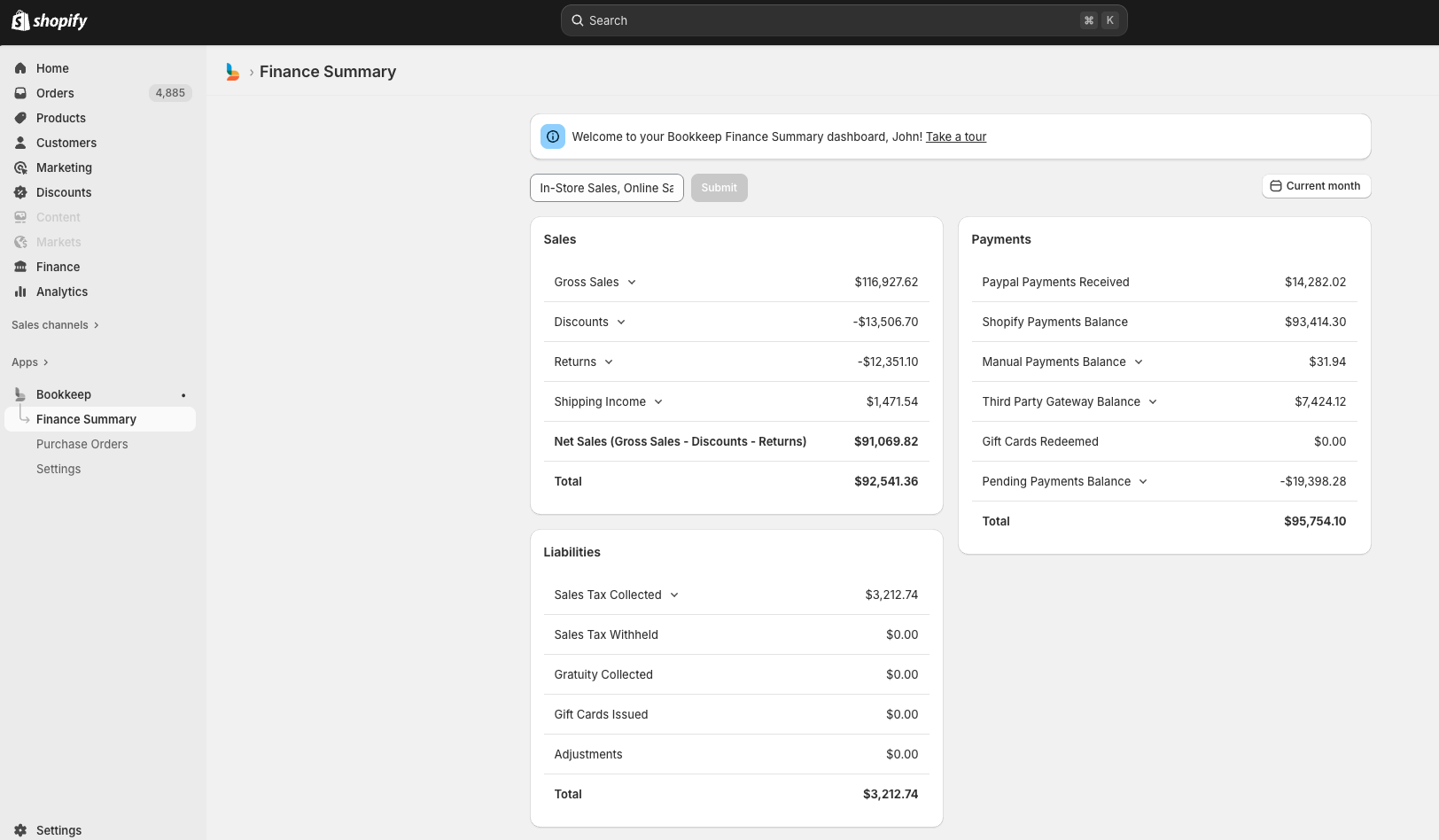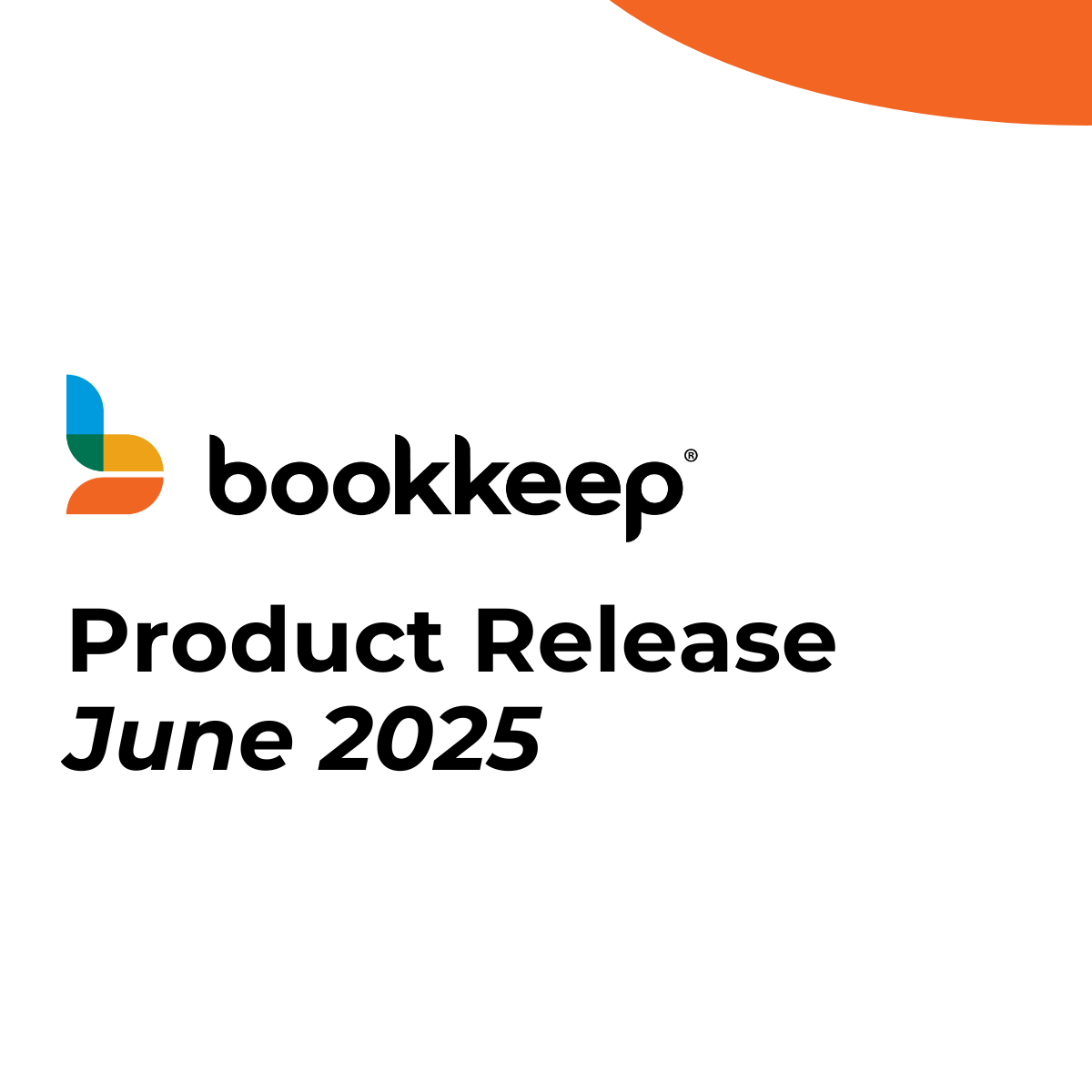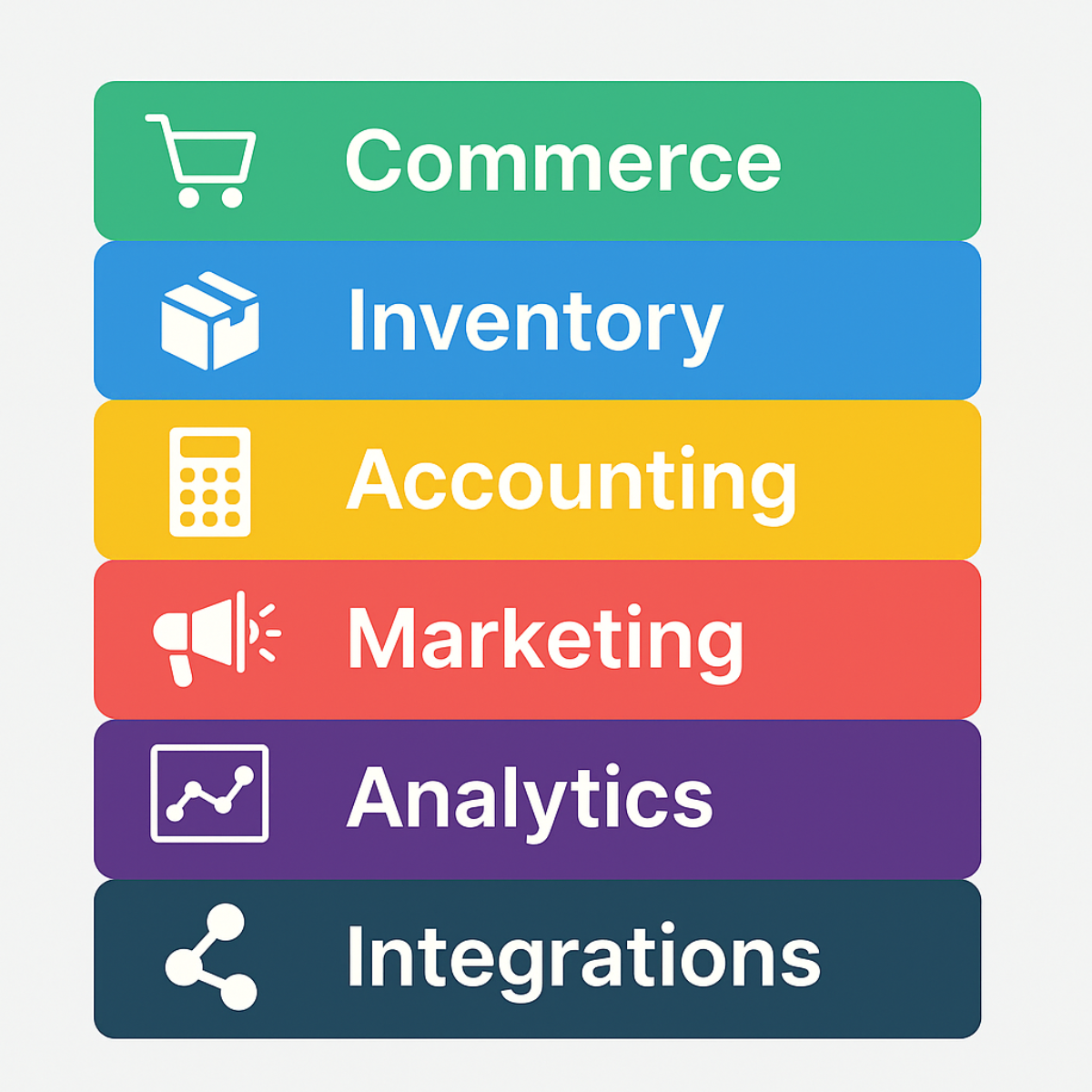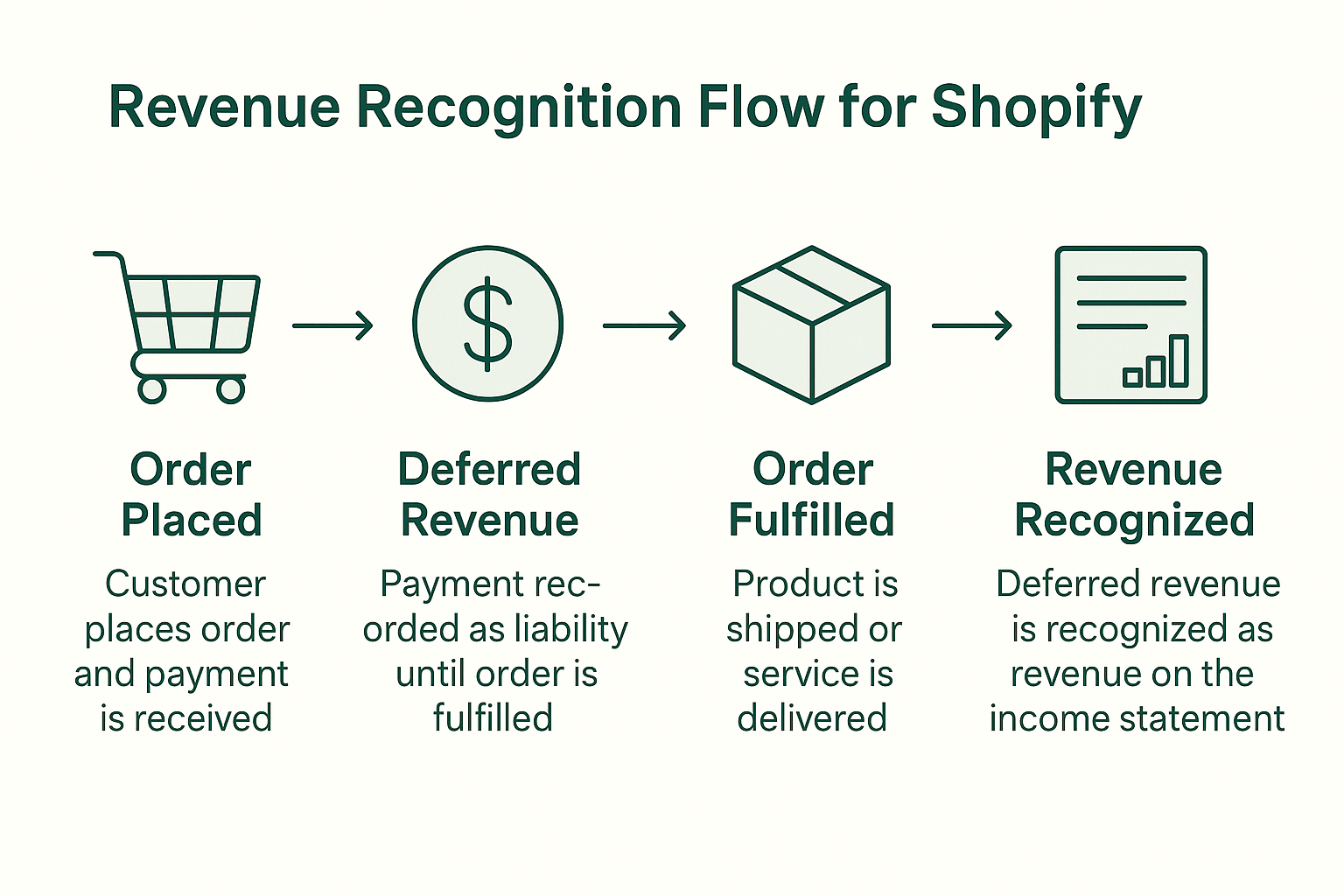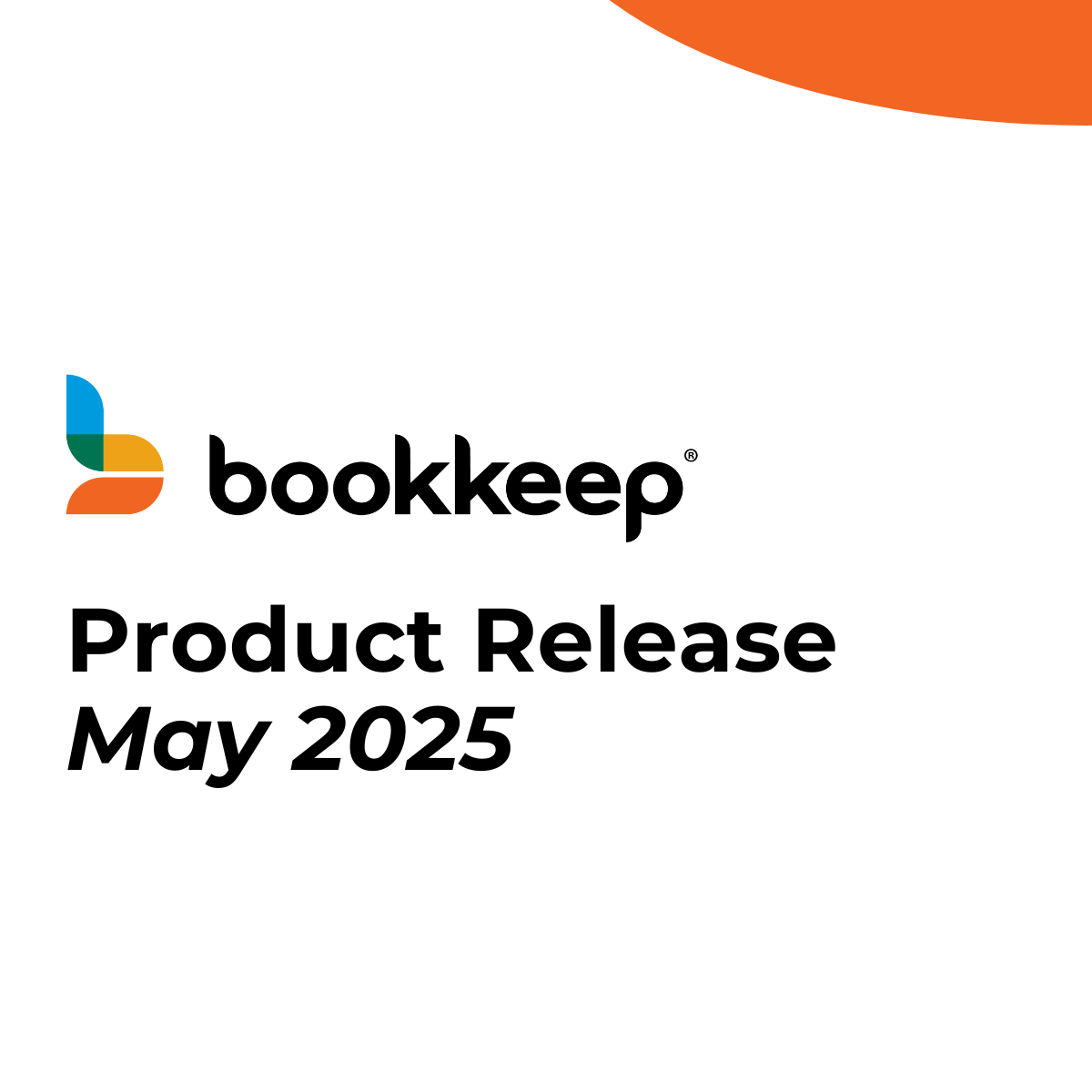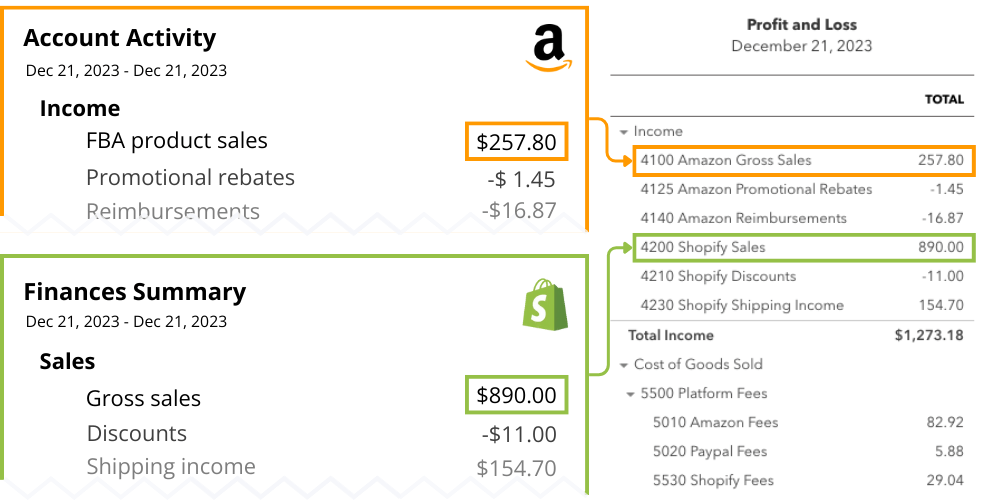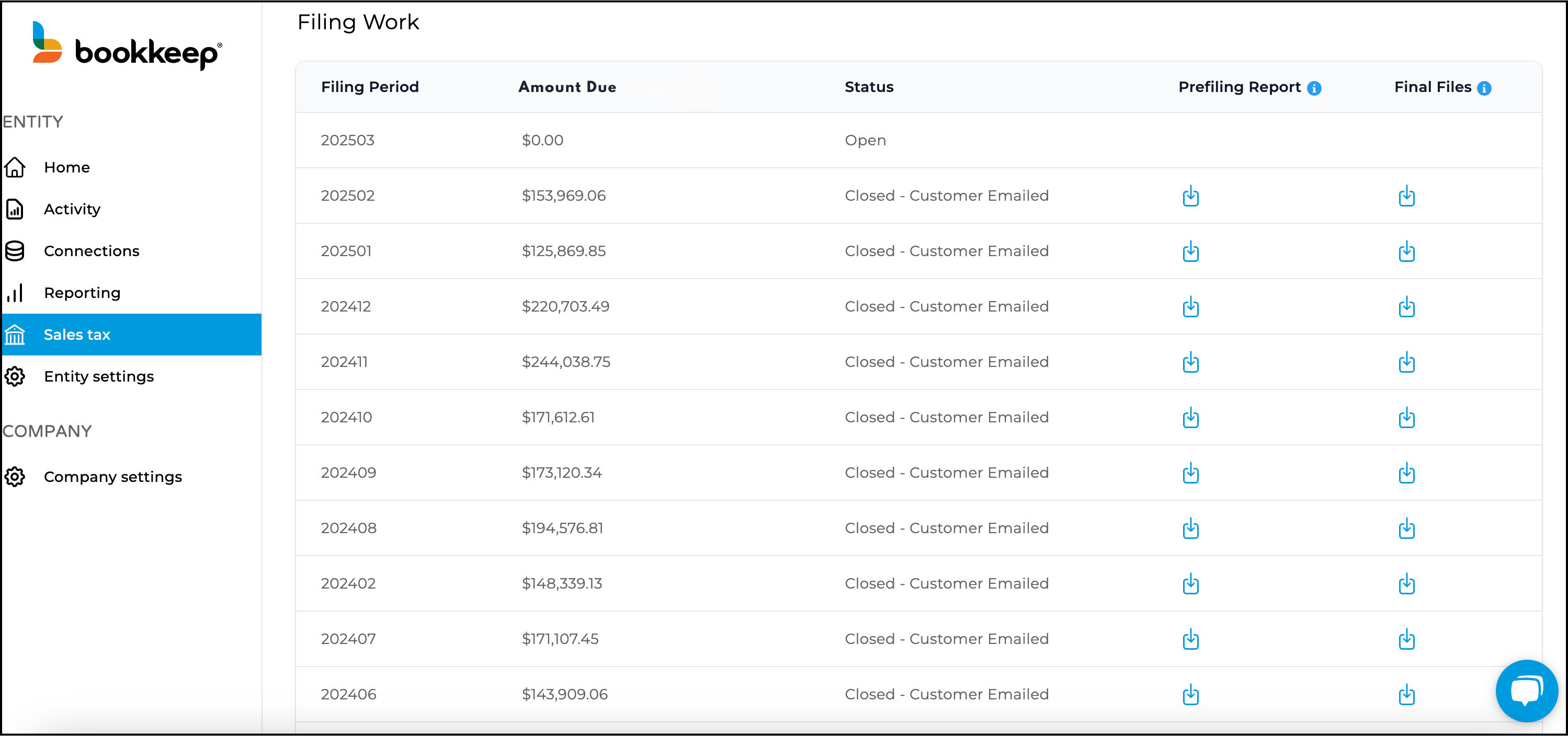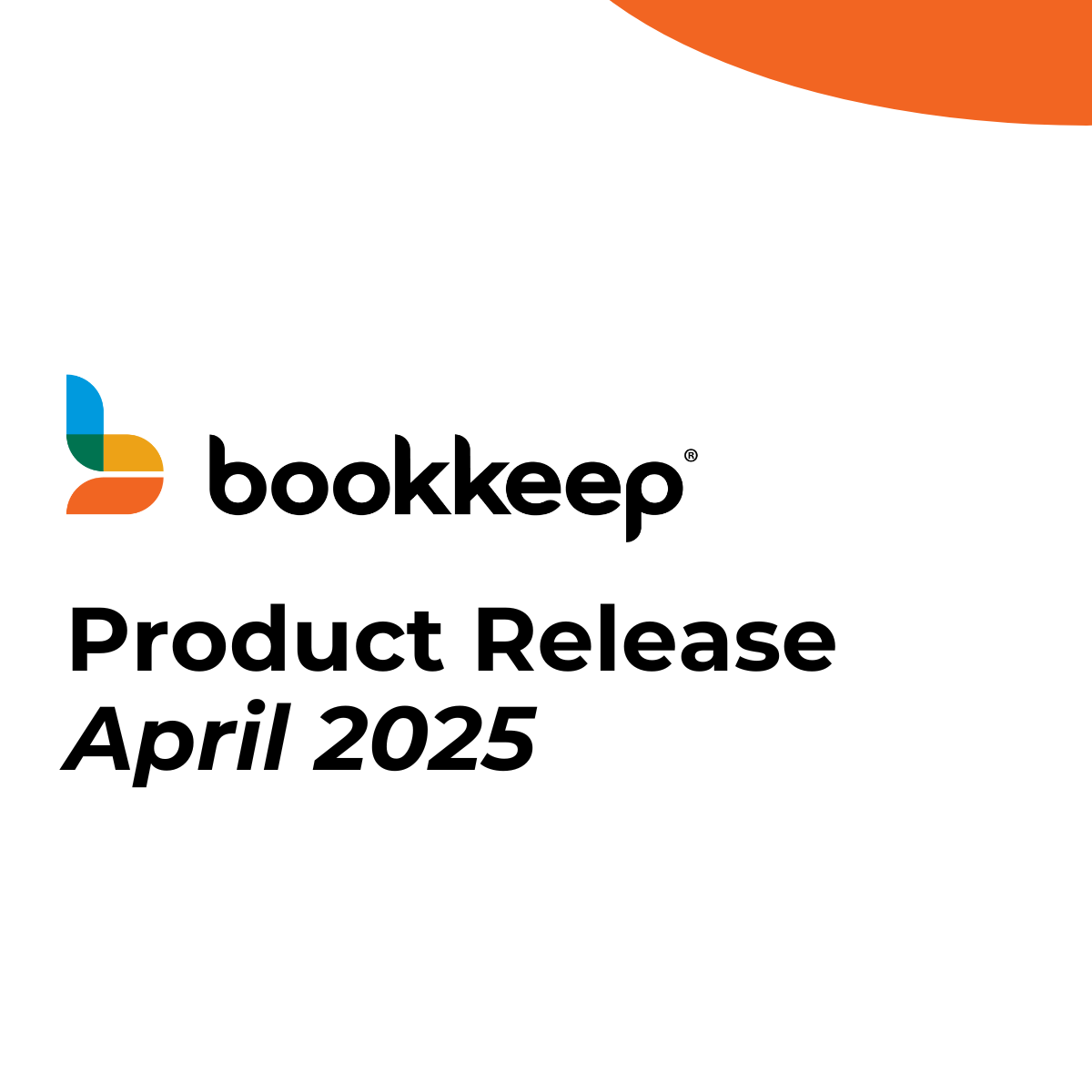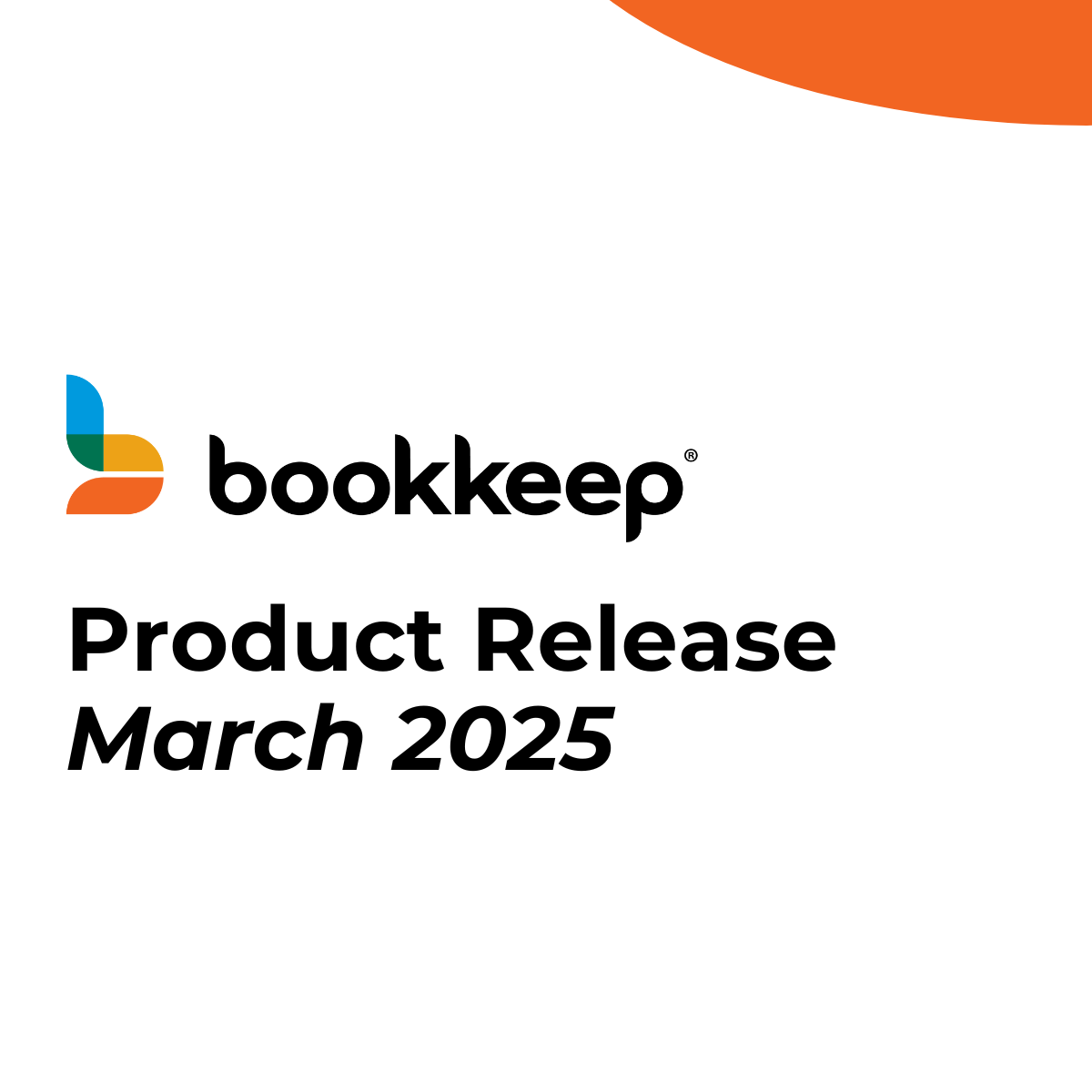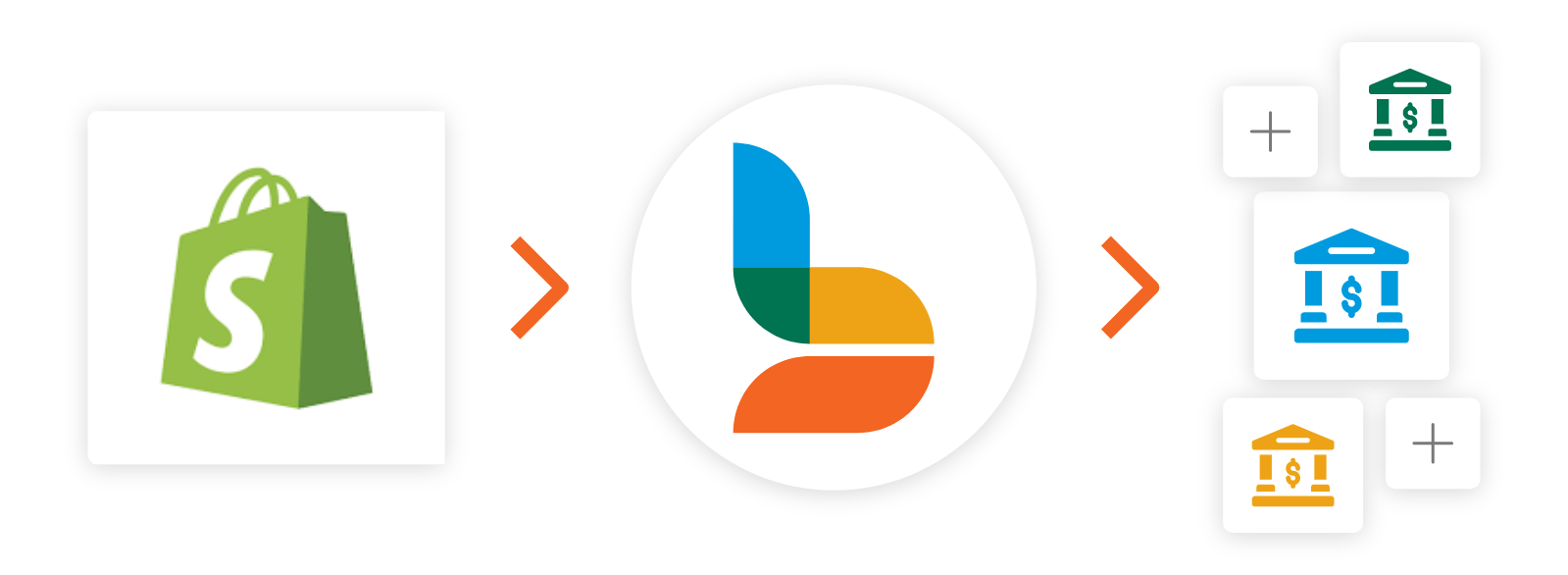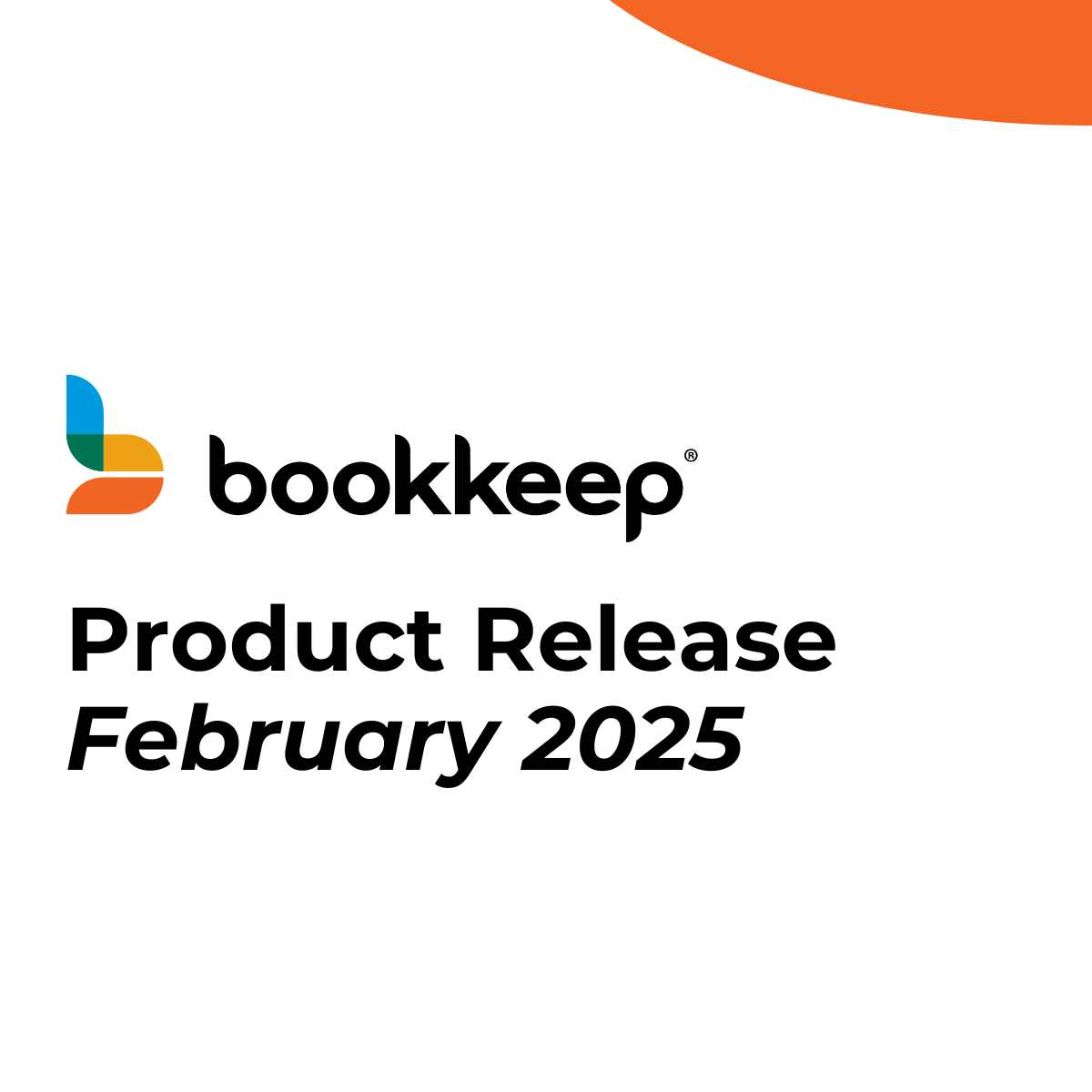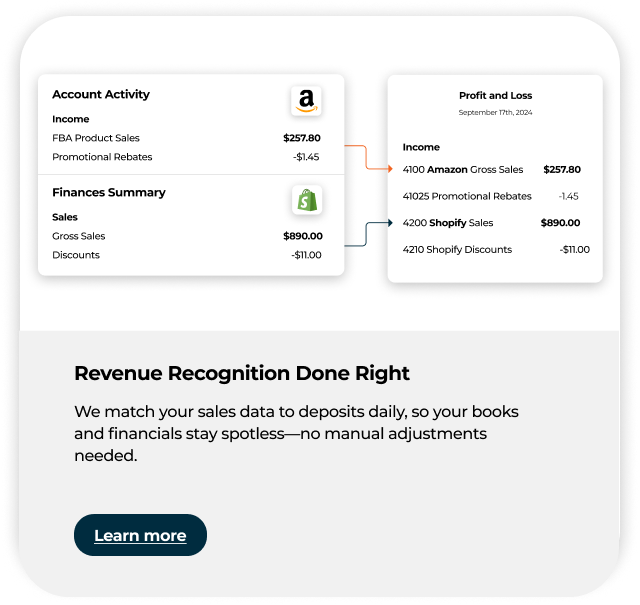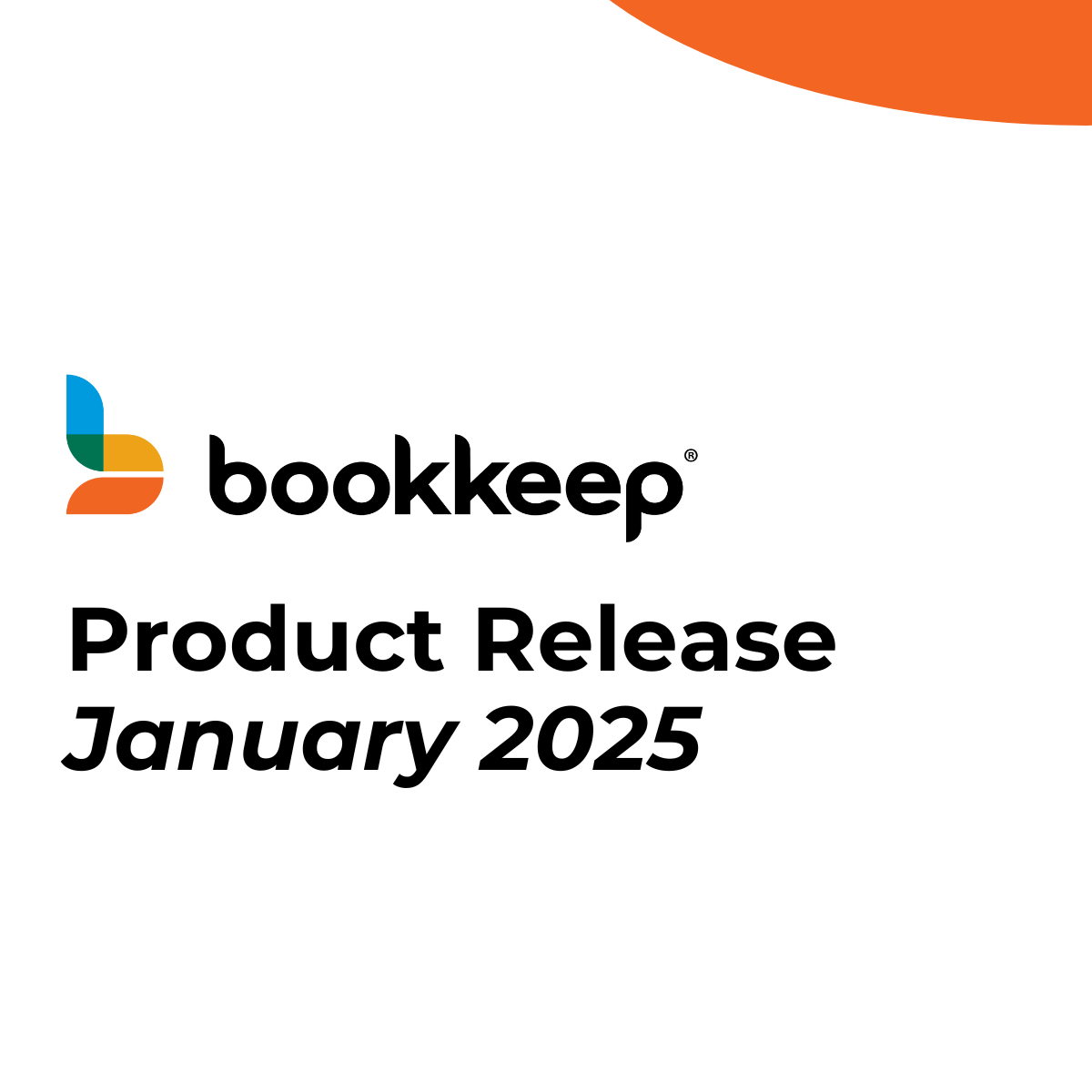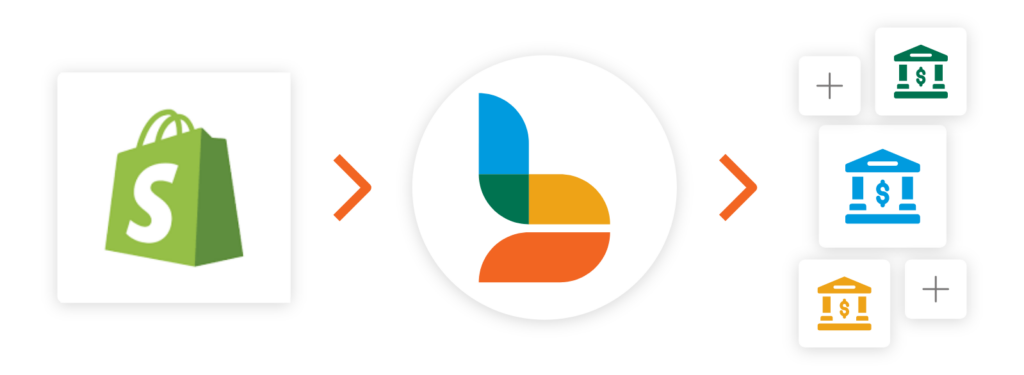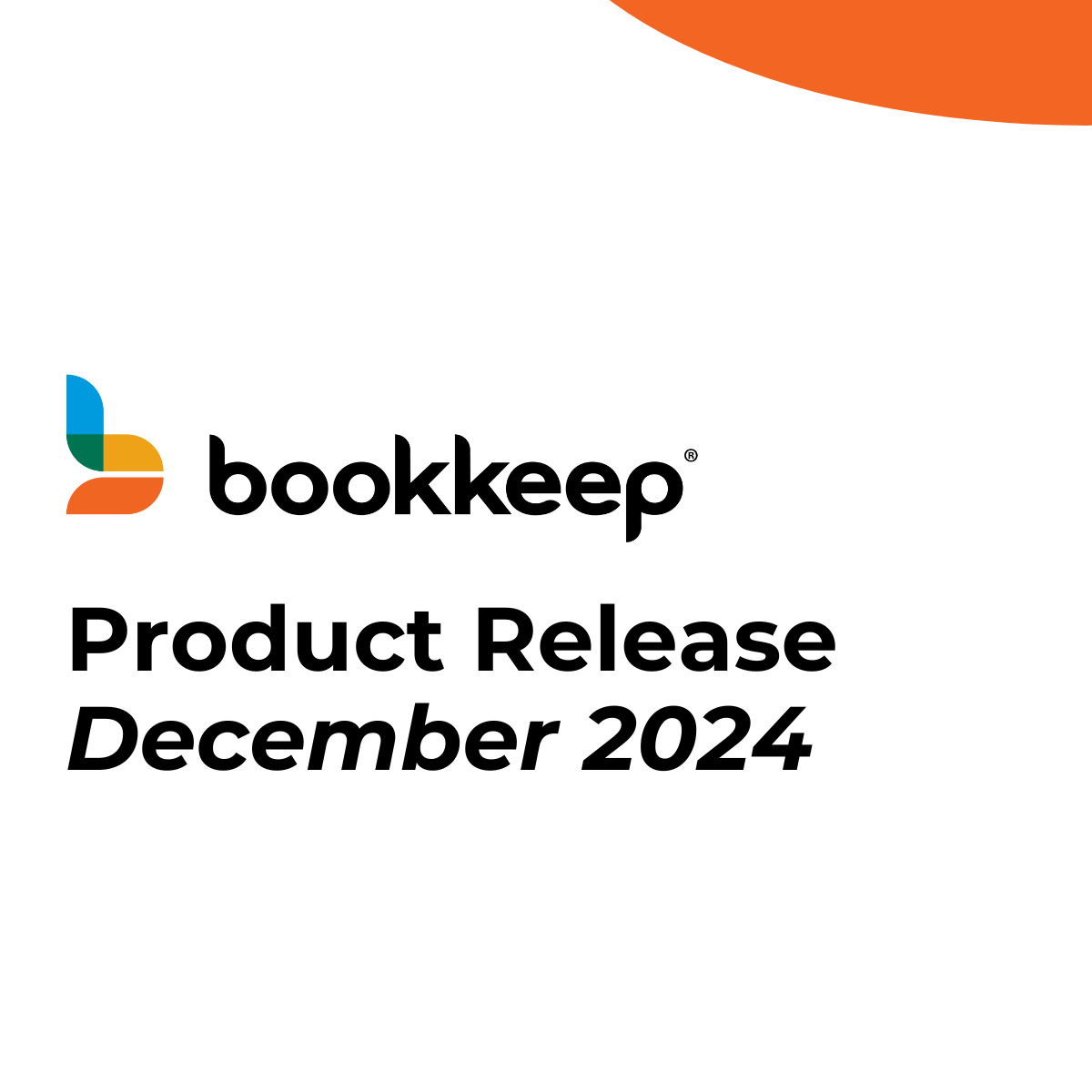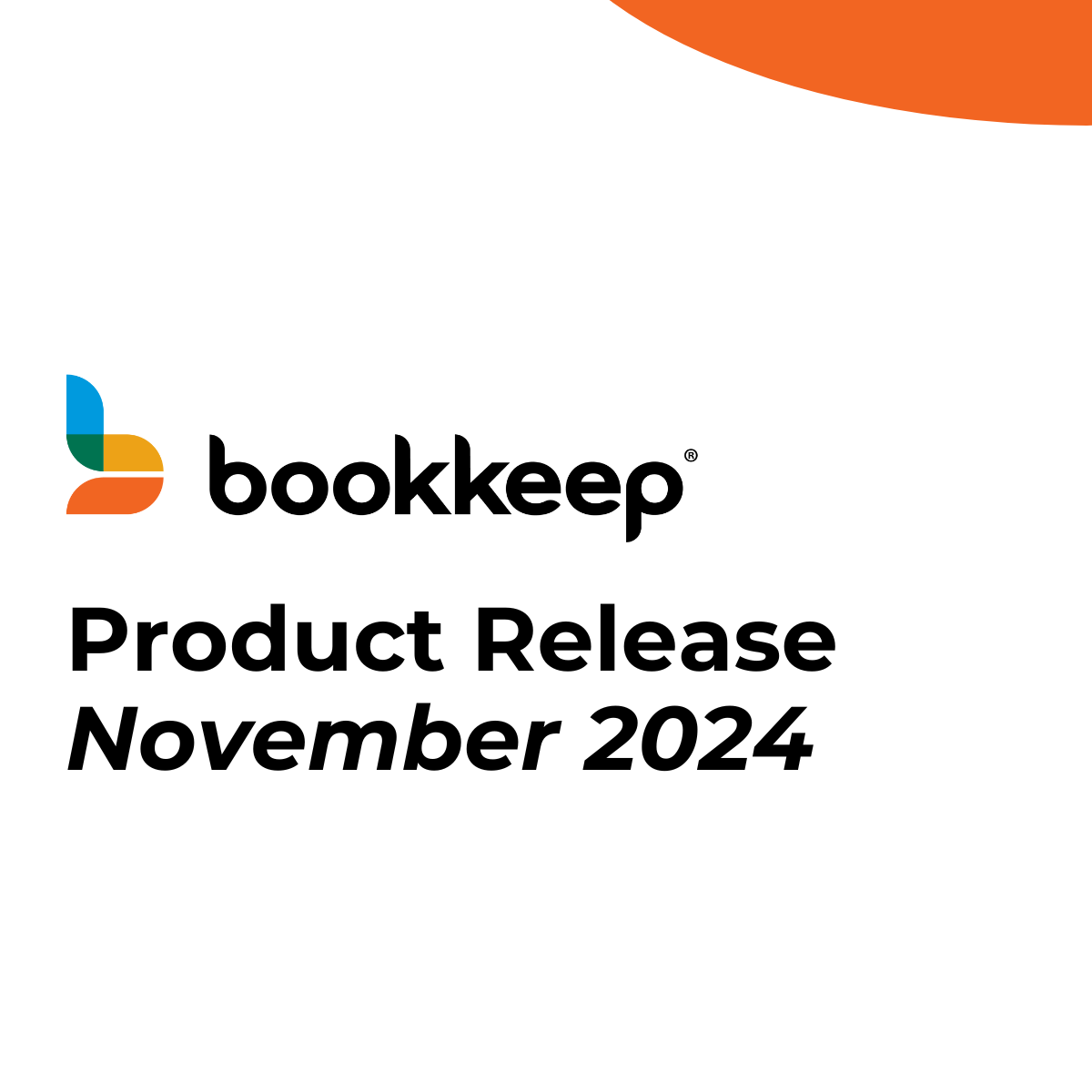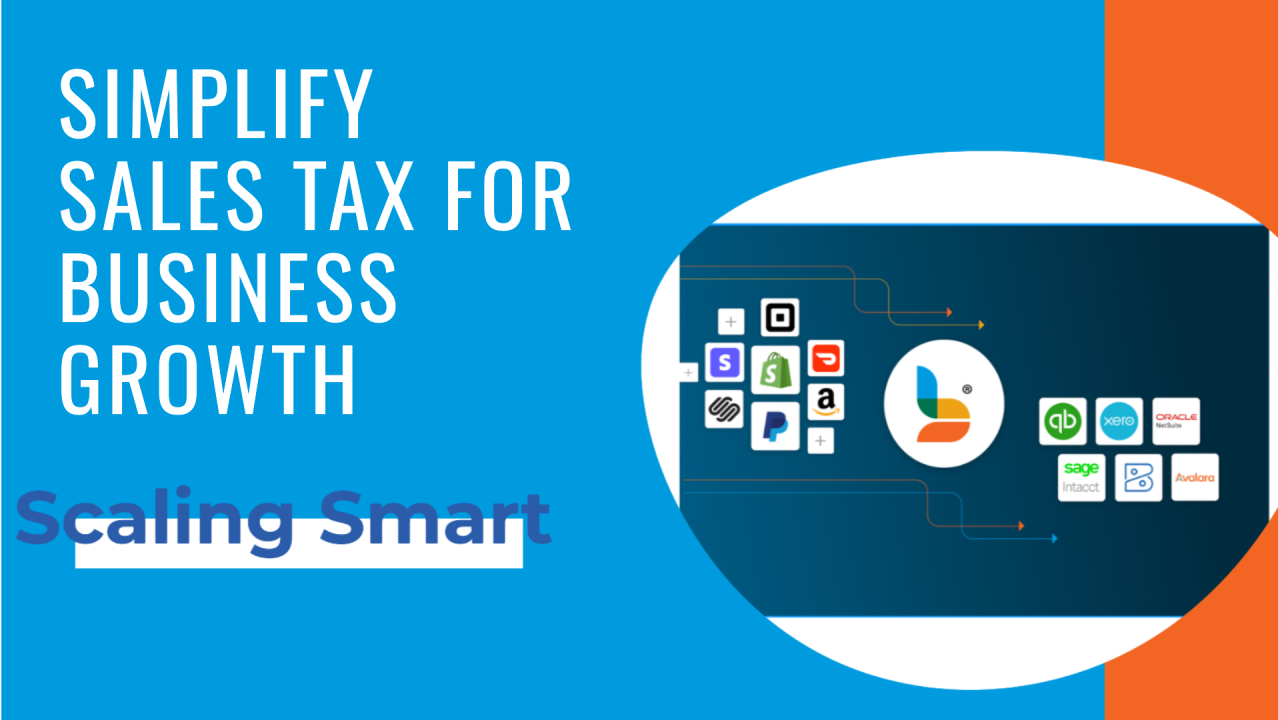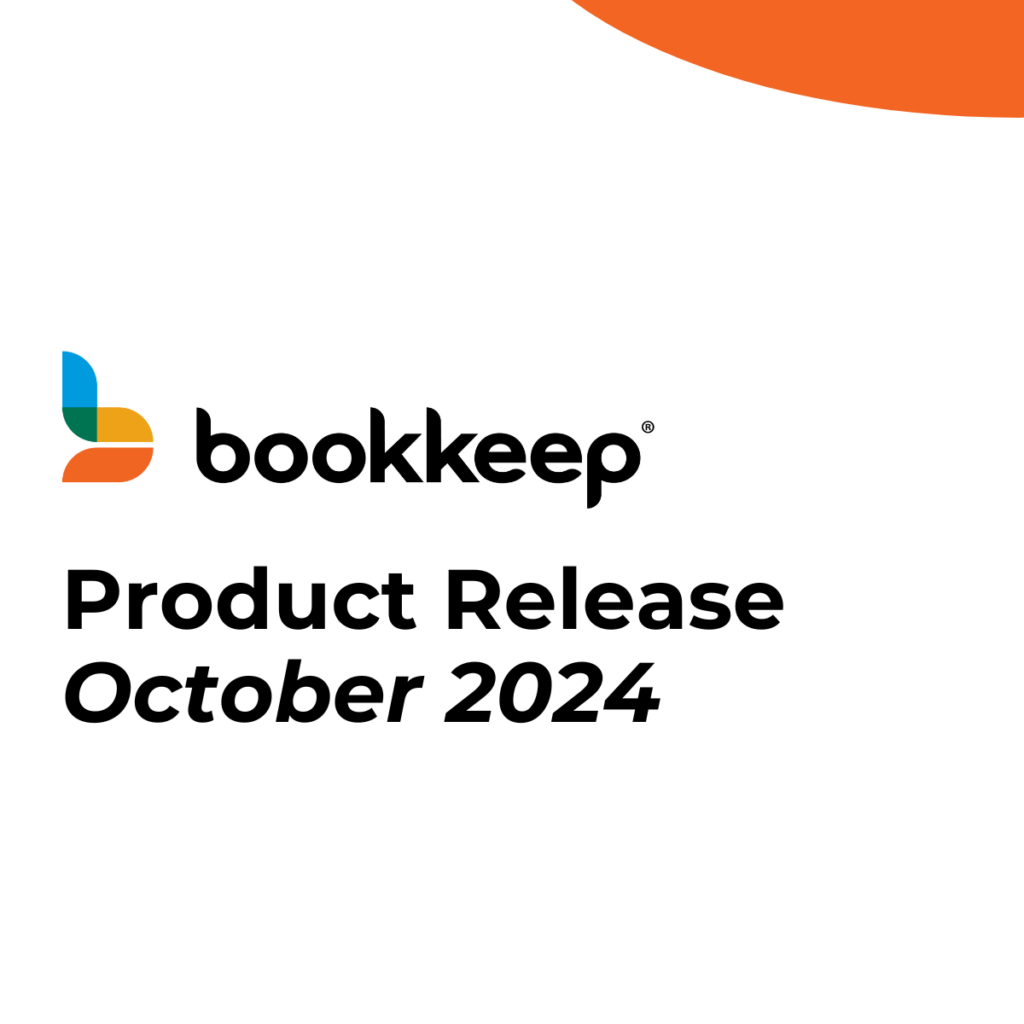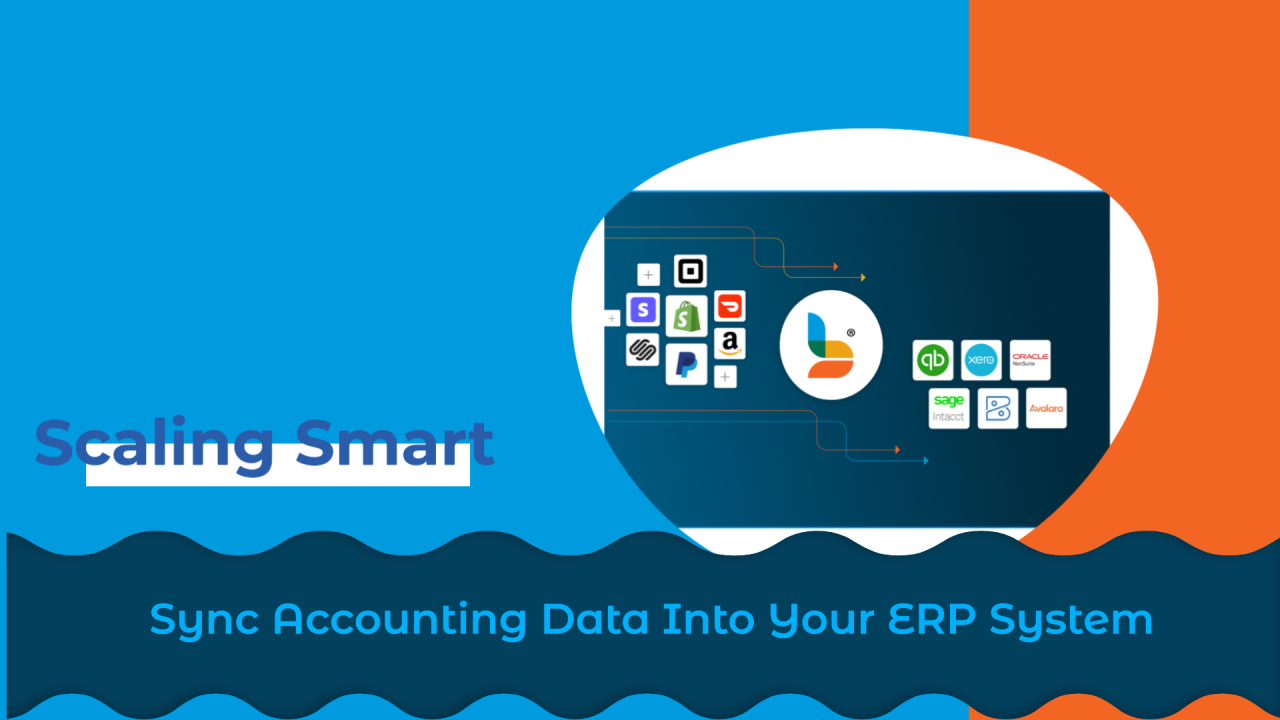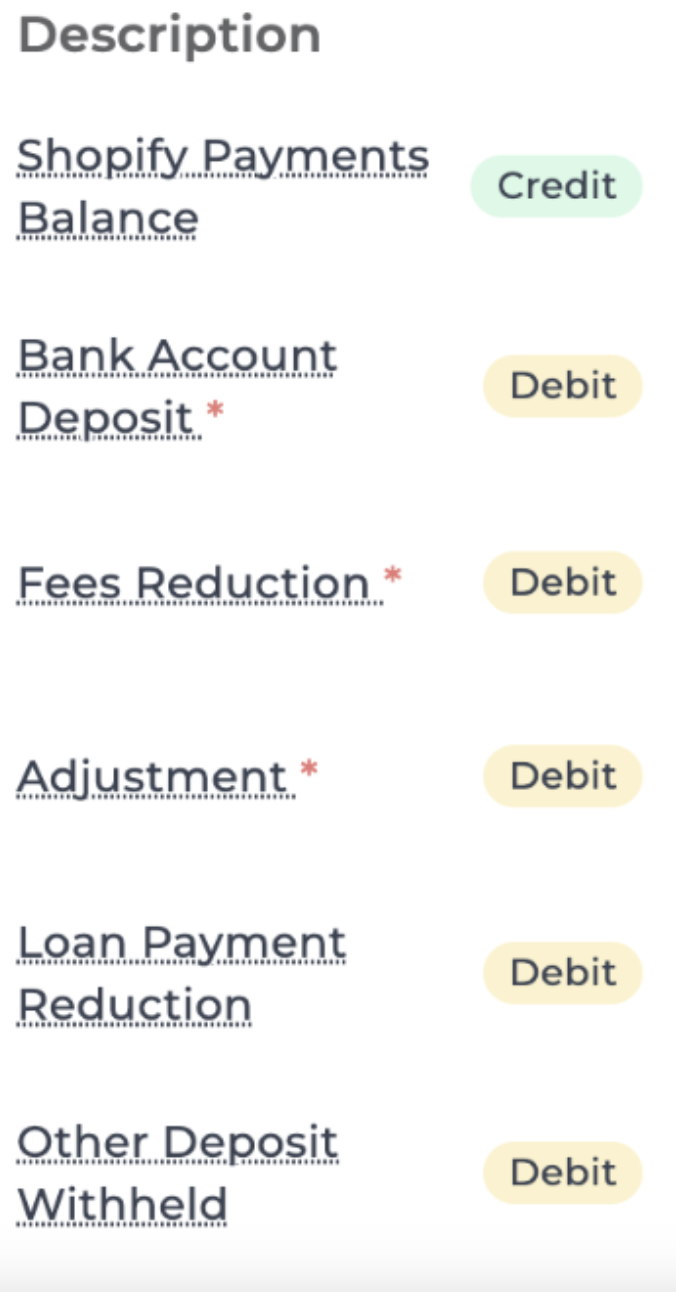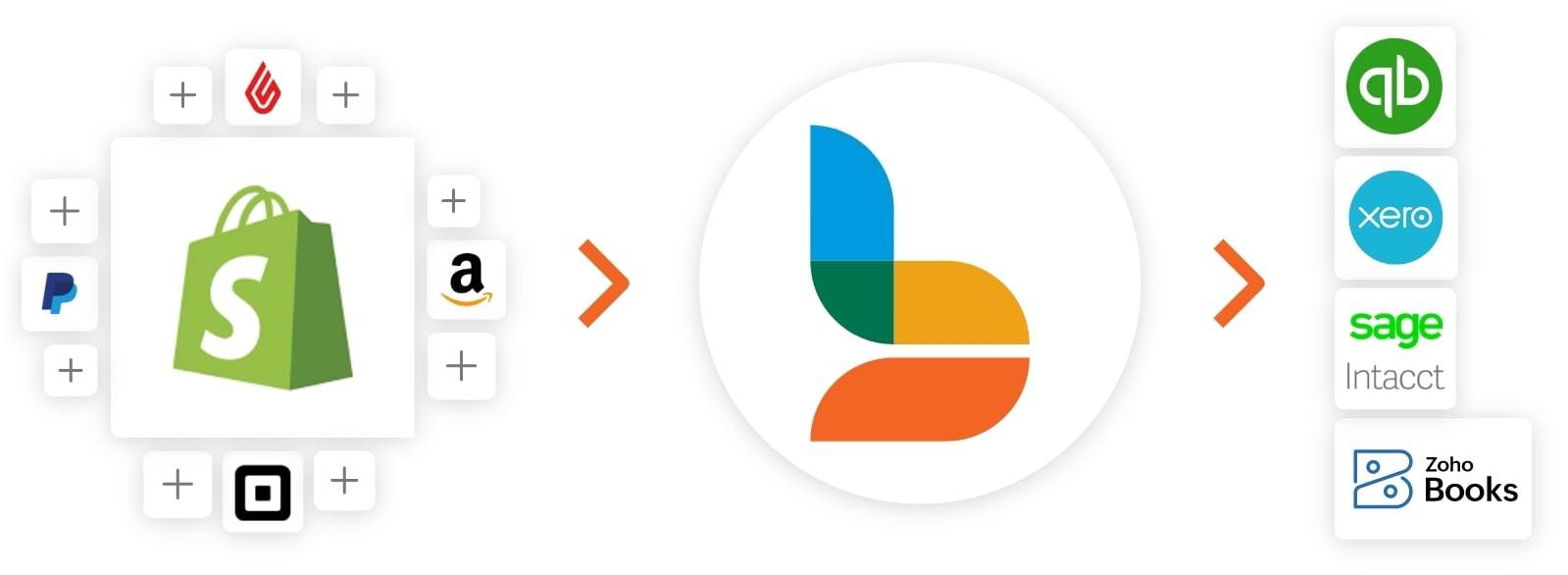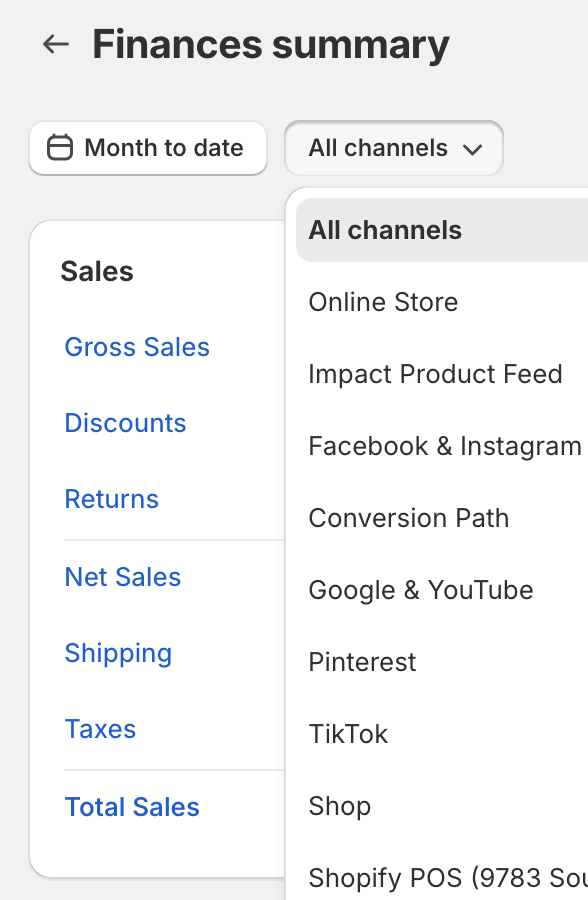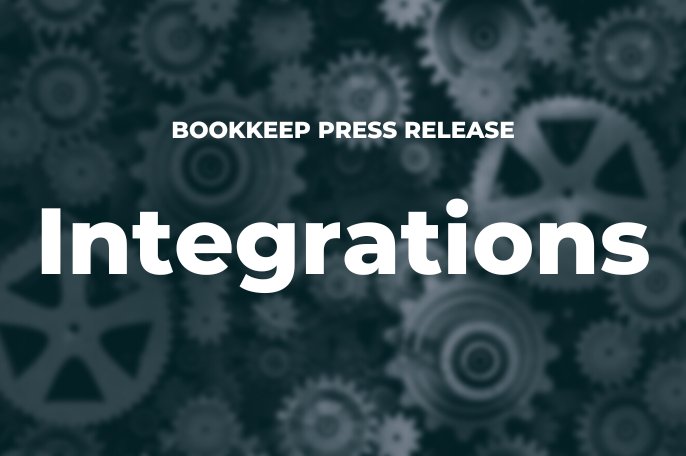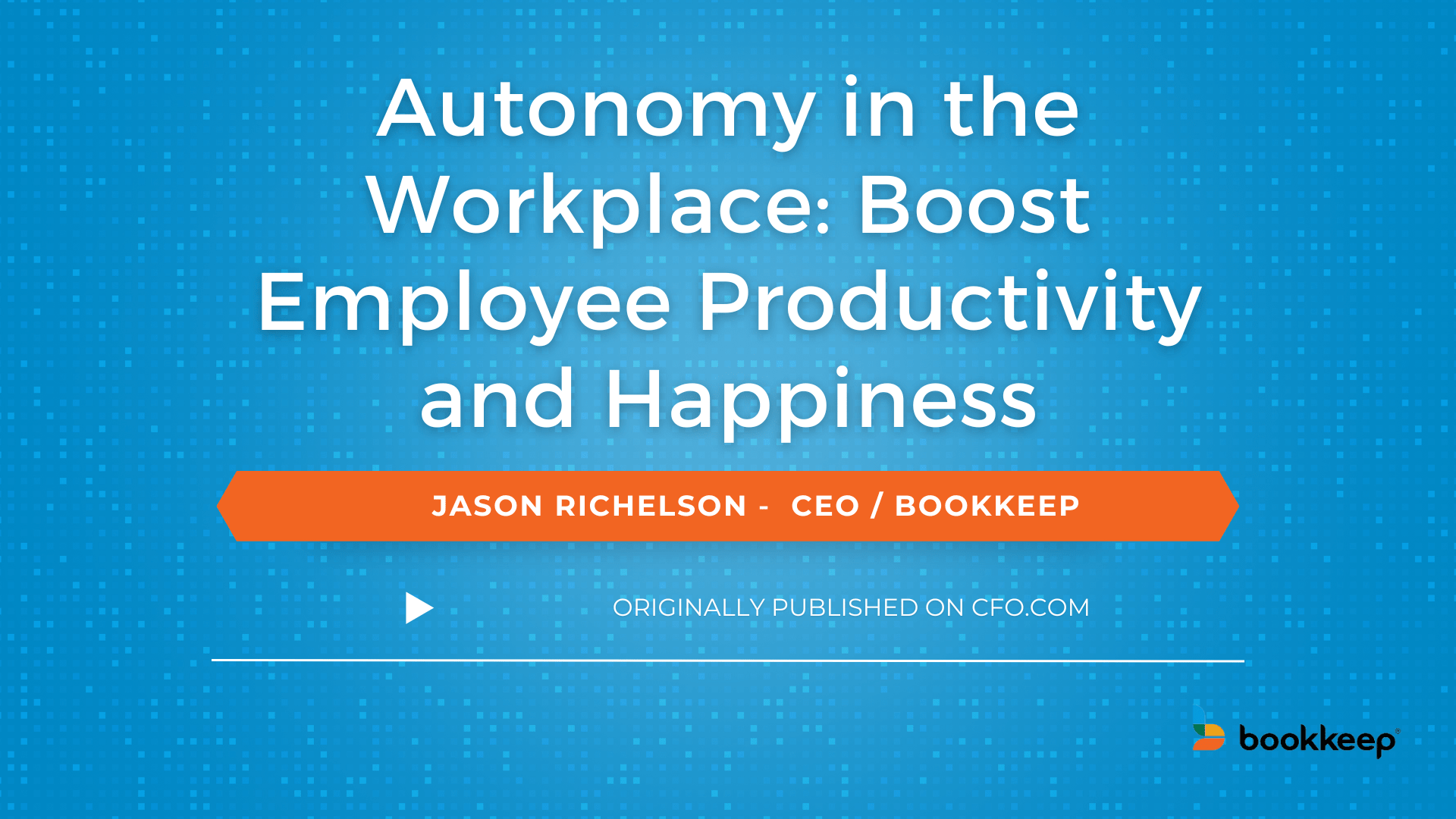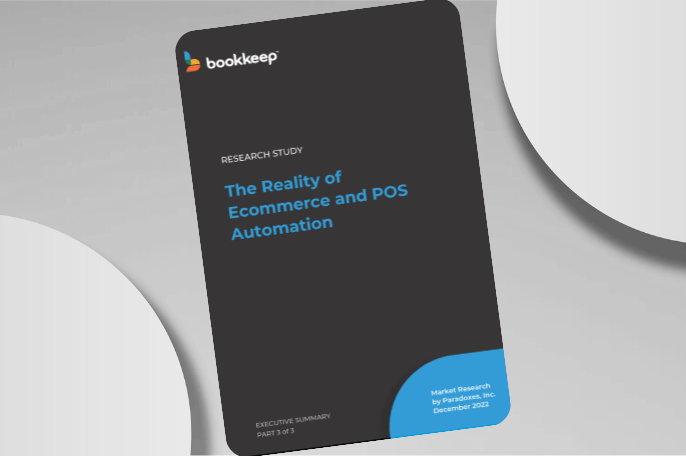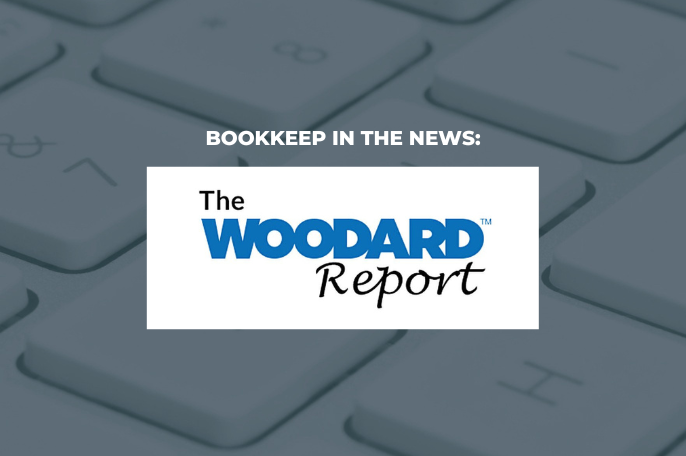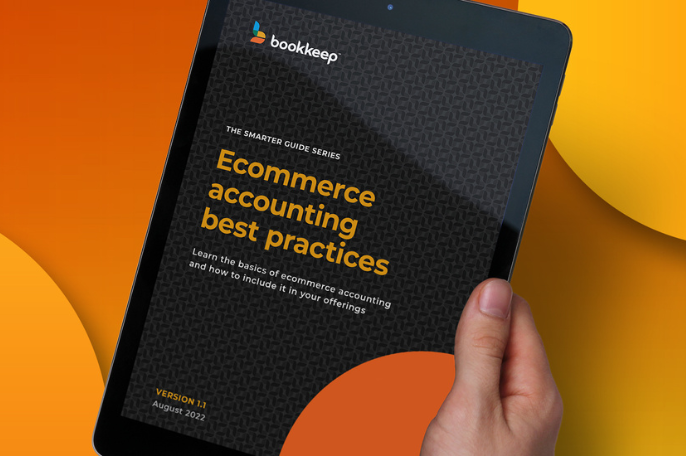Blogs
Bookkeep is rooted in daily summaries by platform for ecommerce. Here's why.
When we say Bookkeep is committed to daily summaries, we mean it. In fact, Bookkeep was created around the idea that daily summaries are the central and defi...
May 30, 2022
0
min reading time


Blogs
When we say Bookkeep is committed to daily summaries, we mean it. In fact, Bookkeep was created around the idea that daily summaries are the central and defining factor of great books for ecommerce. For Bookkeep, providing daily summaries is more than just a style choice. Although we do think this is an elegantly simple method for recording sales, it also has some serious utility that allows ecommerce books to do a lot more for owners and accounting professionals.
What do we mean by “daily summaries”?
Daily summaries are a particular way of booking sales information that summarizes what was sold for the day through each sales platform. So, rather than each individual sale being recorded in detail, each sale’s details are combined with all other sales for that day on that platform and reported as totals.
The sales platform is roughly the ‘where from’ or ‘how’ of the sale – platforms such as Etsy, Amazon, or even direct sales through a custom website using Stripe or Paypal. Basically, any different way goods are sold through to customers could be a different sales platform. So it’s easy to see how the number of sales platforms can multiply very quickly.
By choosing to record daily summaries by platform, Bookkeep is building on what using the accrual method has already established - a connection of data to its sale date and the sales platform where it took place.
How Bookkeep records data in the general ledger:
- Sales data is booked as a summary for the day, each day, automatically
- There is a separate daily summary for each sales platform connected to your general ledger through Bookkeep
- All entries are dated according to the sales date being summarized
What Bookkeep records in the general ledger:
- Sales as a gross number, refunds, discounts
- Broken out sales taxes collected or withheld, fees, chargebacks, loan payments, etc
- Expected deposit/s recorded in a balance account and consolidated by type where possible (credit card payments, third party processors, cash, etc)
Basically, our goal is for this summary to record the daily total for every type of financial transaction that relates to that day on that platform. Of course, we are limited to what the platform will allow us to see. But beyond that, we are committed to capturing all the detail we can, and summarizing it in the books in a way that is more useful than just a net deposit.
But, here at Bookkeep don’t want to just tell you what we do. We want to let you in on why we’ve built Bookkeep to work this way. So, here are just a few reasons why Bookkeep is built on daily summaries by platform and why we think it is so essential to maintaining well kept ecommerce books.
Summaries are the most efficient way to manage sales detail.
Detail is important, but in most cases booking every sale is recreating a data-set you already have access to. The sheer amount of data can bog down the general ledger, making reporting very cumbersome, and reconciling sales against the deposits and fees is exponentially harder. In fact, syncing every sale often leads to the kind of forced reconciliations and extra hours that we created Bookkeep to solve!
Not all detail is created equal! We want to help our customers to save time and labor by making data easier to access, analyze, and reconcile. By keeping the individual sale detail in the platform and summarizing the detail in your general ledger, Bookkeep allows you to have the best of both worlds - automatically.
The benefits of daily summaries are many.
At Bookkeep we think the kind of detail that matters most is the kind that first, can better inform you and second, doesn’t exist anywhere else. For most ecommerce businesses, the only place they will have an opportunity to see their total sales for the day is their own books. This reason alone was enough for us here at Bookkeep to embrace summarizing by day. But it turns out that the benefits of daily summaries don’t stop there:
- Money tends to be processed and deposited on a daily close cycle. Booking sales summaries by day aids the reconciliation of sales to deposits.
- Daily summaries act as a building block for sales reporting on various other units of time that are consequential for the business - by day, week, pay-period, month, quarter, season, year, etc. It also allows for comparisons between these time periods.
- These same building blocks can be used to compare sales to corresponding expenses that cover particular periods of time, making real costs much more transparent and profitability much clearer.
In short, days are the smallest building block of consequence when it comes to tracking information and money. At Bookkeep we think summarizing by day keeps the most versatility in the data without sacrificing the ability to cleanly reconcile.
Optimize visibility to potential issues.
If one of the key benefits to summarizing sales data by day is the aid it gives to reconciliation, then we need to break down that day by platform as well if we want to keep that benefit! Deposits for sales typically arrive separately from each platform, so without that breakdown, the daily summary isn’t nearly as much help to reconciliations as it could be.
But maintaining platform integrity when recording daily summaries isn’t just about getting the reconciliation right. It is also about being more easily alerted when something is wrong. When data is entered by both day and platform where the sale happened, it is much easier to spot when something fundamental is missing, shorted, or off in some way. It also allows you to better see how much you have yet to receive in deposits and from which platform.
Improve platform performance analysis.
But Bookkeep isn’t just about the bookkeeping side of things - there is another compelling reason to summarize by platform as well as daily: clear analysis. For us here at Bookkeep, it all comes back to leaning into the detail that matters. Not only are the books the only place where total sales for the day can be seen. It is also likely they are the only place where sales from different platforms can be directly compared. If sales are summarized all together instead of by platform, this opportunity for platform analysis is being missed.
Being able to clearly evaluate how your sales platforms are working for you is vital to the health of any ecommerce business. From knowing how much cash you are still owed to knowing how the last campaign affected sales to knowing how platform fee structures affect your bottom line: it all depends on being able to compile and report on your data in ways that are meaningful. Being able to choose which data to report on by both date and platform creates more opportunity for game-changing analysis. And that is something Bookkeep is all in on.
Conclusion
We think helping to form the big picture by providing the details that matter most is more important than simply replicating a sales platform's detail in your GL. Bookkeep doesn’t just want to make it easier to record your ecommerce data through automation. We want to make the data set you have to work with after that automation better. To us, it’s obvious: you deserve an ecommerce integration that values the information that matters most to ecommerce businesses!
We think you can have flexible, consistent, transparent, useful, clear bookkeeping and still have efficient workflows and a lucrative business. At Bookkeep, we are committed to it.
Now, what can we help you discover about your business?

%201.svg)

